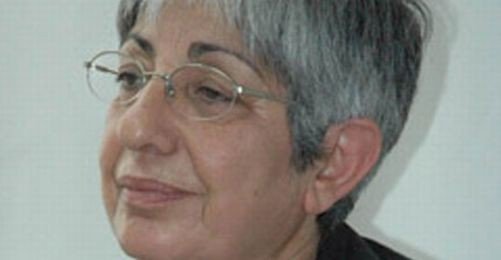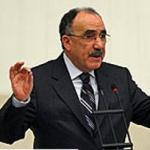AKP’s Defense against Closure is Hypocritical
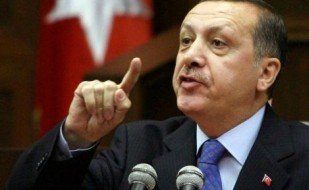
On Friday, 14 March, the Chief Public Prosecutor of the Supreme Court of Appeals, Abdurrahman Yalcinkaya, requested that the ruling Justice and Development Party (AKP) be closed because of its “anti-laicist activities.”
The AKP has been quick to denounce the request, but the party’s defense is based not on a sincere demand for democracy and freedom. Rather, it is a continuation of the existing conservative and oppressive system.
The AKP has been in power since 2002, but it has not been able to democratise the country or to make it more difficult to close political parties.
Ignoring the content of the prosecutor’s indictment, the AKP has claimed that it “represents the national will”, citing its election result of 47 percent in the general elections of 22 July 2007.
The AKP has used the following arguments to condemn the closure request:
- The AKP is the ruling party. A party which has received 47 percent of the vote cannot be closed. The AKP represents the “national will”: Speaking to a meeting of Party Women’s Branches in Sanliurfa, Prime Minister Erdogan said, “Everyone can see the squares, people are on the squares. This is democracy,this is the Republic, this is republican, the nation will decide.” In Siirt, Erdogan said, “Know this well: the step taken yesterday (i.e. on Friday) was not taken against the AKP. It was taken against the national will.” Prof. Dr. Ergun Özbudun, an academic involved in drafting a new constitution under the AKP, said, “Then they need to close down the people and bring a new one from one space.”
- The prosecutor is acting politically: Bülent Arinc, former Speaker in Parliament, said that the prosecutor’s indictment was “not legal, but a product of hatred and grudges.” Speaking at the funeral of a former MP, Arinc added, “Death is the greatest reality and the prosecutor must see this.” Erdogan had also attacked the prosecutor, saying, “Everyone must know that he will take responsibility for the consequences of the damage done to this country.”
- A party cannot be closed because of the words and actions of its members: According to Bülent Arinc, “if party leaders or representatives have violated the law, then they suffer the consequences as individuals in court. However, it is not even possible in Third World Countries to close a ruling party because of the mistakes of some.”
- The economy will suffer: Minister of Finance Kemal Unakitan has said that “a trial would burden the Turkish economy,” and that “everyone should be careful.”
However, the arguments of the AKP leave open some questions.
- The argument that the AKP represents the national will smacks of fascist leanings and is not a legal argument. What percentage must parties receive in order to be closed? Does everything “the people” say happen? In a democracy, can any idiot become MP because “the people want it,” or could one even introduce shariah law?
- It may be true that prosecutor Yalcinkaya has been motivated politically. However, this would be the time to remember that the AKP did not protest at the blatantly political removal from office of prosecutor Ferhat Sarikaya. Sarikaya was excluded from the bar after trying to investigate the then commander of the ground forces Yasar Büyükanit, now Chief of General Staff, for his comments in the controversial Semdinli trial.
- Another criticism has been that “there are no such practices in Europe, and we have become disgraced in the world’s opinion.” The fact that the controversial Article 301, used to prosecute and sentence many journalists, writers and academics, has no equivalent in Europe has not deterred the AKP from permitting its continued application.
- The prosecutor is basing his indictment on Article 69 of the Constitution, as well as the Law on Political Parties (LPP). The constitutional court has closed 24 parties in the last 44 years. Two million signatures have been collected, calling for a change in the LPP. The pro-Kurdish Democratic Society Party (DTP) has presented a suggestion for changes in the law. However, when a closure trial was opened against the DTP, the AKP did not show any concern. (EÜ/GG/AG)
SOCIAL GENDER EQUALITY
Women and Journalists Hand in Hand against Violence
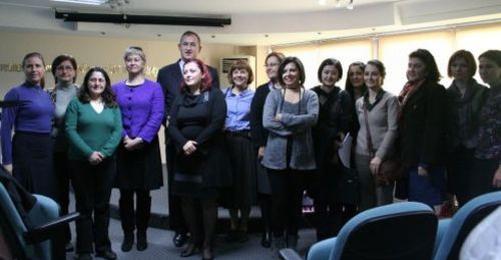
EUROPEAN COMMISSION AGAINST RACISM AND INTOLERANCE
Discrimination and Racism in Turkey Fuel Concern
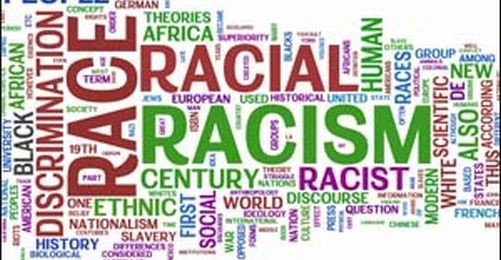
Unionists in Northern Cyprus Protest PM Erdoğan
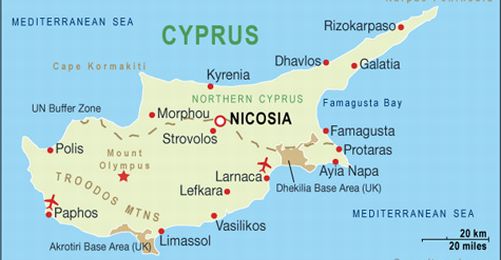
Policeman who Beat Juvenile Claimed Self-Protection
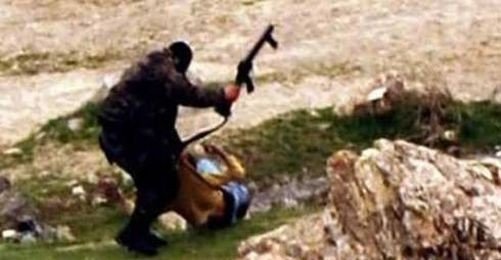
HRANT DINK MURDER
Court fully Protects Istanbul Police
